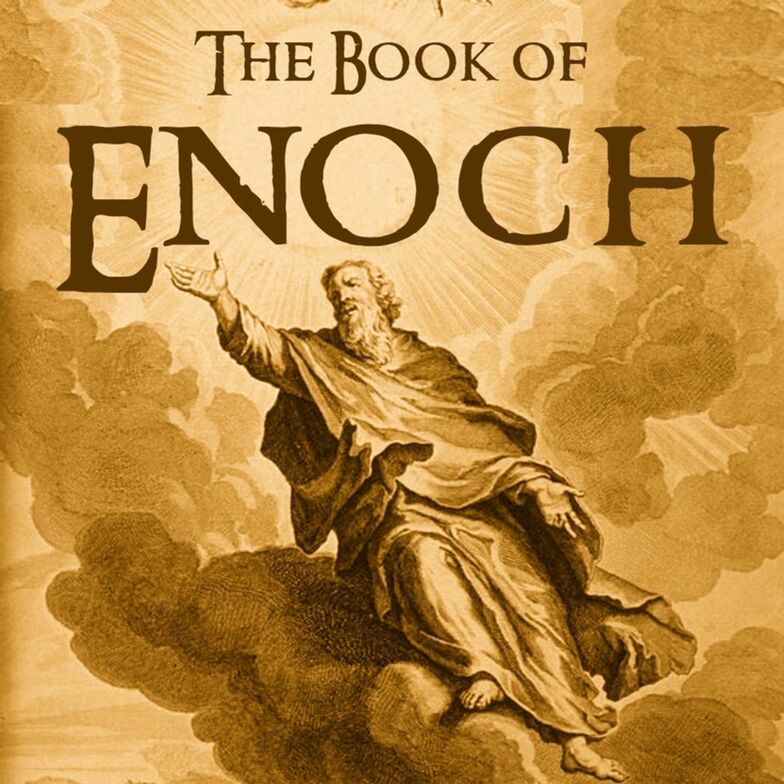The Book of Enoch


What is the Book of Enoch and should it be included in the Bible?
Deuteronomy 4:2
“You shall not add to the word which I command you, nor take from it, that you may keep the commandments of the Lord your God which I command you.”
The book of Enoch is fascinating. It is a collection of ancient Jewish writings concerning details of the Genesis flood, cosmology, and judgement. However, it is considered pseudepigraphical literature. Specifically, the book claims false authorship. It claims to have been written by Enoch, the Old Testament patriarch. Why would an author claim to be Enoch himself if it were not true? To entice people to trust and recognize his writing.
In reality, mainstream scholarship does not believe the book to have been written by Enoch at all. Enoch lived around the 3000 BC time period. The book of Enoch (aka 1 Enoch) is usually dated many, many centuries later (400 BC at the earliest) due to its Aramaic origin. False authorship alone disqualifies it from being included in the canon of scripture.
I have heard people say that the book was removed from the Bible. However, that cannot be because it was never included in the Bible to begin with. It was respected by early Jews and Christians and even seems to have been quoted (Enoch 1:9) by the New Testament book of Jude, but it was never considered scripture. To that point, the Apostle Paul quoted two secular Greek poets. This does not suggest that Christians should esteem these poets. It merely means that Paul quoted them to make a point. In a similar manner, if Jude did actually quote the book of Enoch, it is extremely probable that he only did so to make a point, not to lend credit to the book.
Finally, the book of Enoch disagrees and adds to Biblical truth in terms of wind, stars, and even intimacy concerning angels and humans. It also claims that Enoch and Noah were contemporaries, disagreeing with the early Biblical timeline.
While the book of Enoch contains intriguing and some accurate information that can warrant some trust, its esoteric style is not consistent with the way the Bible is written. If you read it, be cautious. It does not have the same authority as the Bible. It has no place in scripture, although it can have a place on your bookshelf (or virtual bookshelf), as long as you know that it is to be next to your Bible, not in it.
If you have any Bible or religious questions, please submit them to pastor@fbcwortham.com or you can type us a message on the church website under the “Contact” tab. Another option is to turn your written question in at church. We would love to help you grow closer with Jesus.
Jim Albin - Senior Pastor
First Baptist - Wortham, Texas